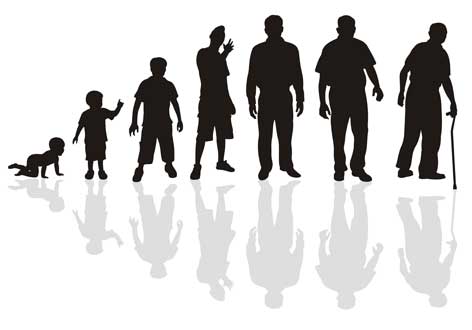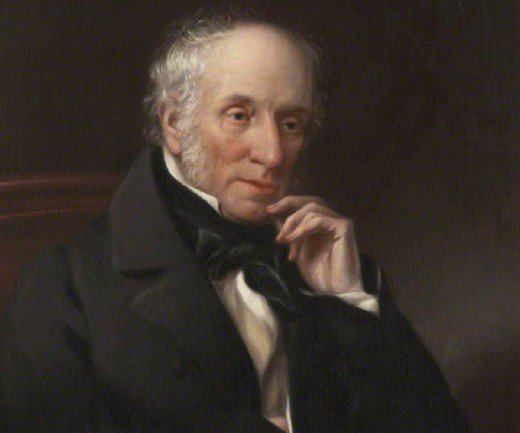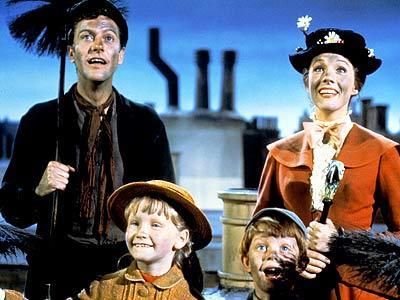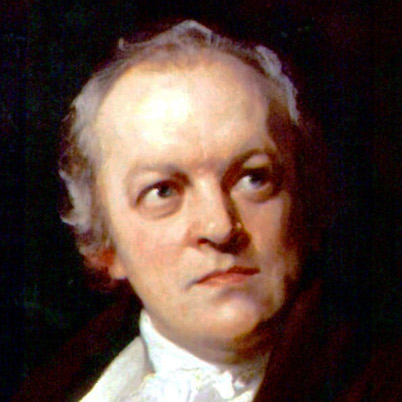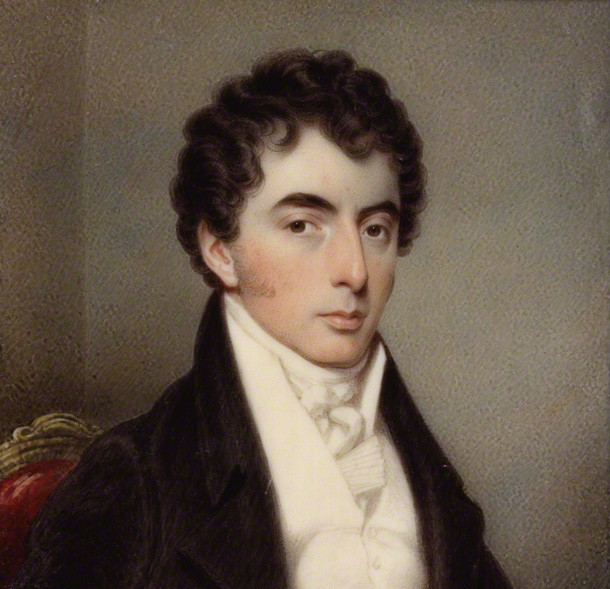This is a short poem of seven lines written by Walt Whitman. Despite its brevity, it makes an interesting point. However, once we move beyond the poem’s surface and examine its background, it offers us a profound view into Walt Whitman’s personal life. The first section will deal with the poem as seen from the surface. The second section will discuss the poem’s background.
Summary and Analysis of Once I Pass’d Through a Populous City
The poet begins by recounting the time he had visited a populous city for a short period. ‘Pass’d through’ the city to be precise. He also offers us a glimpse of the activities he engaged in during his visit—‘shows, architecture, customs traditions’. Hence, like most tourists, he wanted to get a feel of the city and experience what it had to offer. He saw entertaining shows, marveled at the architecture, and delved into the local customs and traditions. He was quite an enthusiastic tourist, it seems.
And as he went through these experiences, he tried to remember them for future reference and recollection, just like most of us on a holiday to a new place. However, for the majority of us, most of those experiences gradually become wisps of memory and it becomes difficult for us to remember them accurately after a certain point of time. (How many of us remember all that the travel guide told us in the visit to the museum?) The same thing happened to the poet. All the shows, architecture, customs and traditions of the city had been long forgotten by him.
However, one aspect of his visit is firmly latched to his mind. He had made casual acquaintance with a woman in that populous city. She fell in love with him. Her love had made him stay back in the city, perhaps longer than he had planned. They spent their days and nights together. The time spent with this woman is all that the poet remembers from his visit to that city. Everything else, he has forgotten a long time ago. He reiterates this sentiment in the next line adding that the woman ‘passionately clung’ to him.
This line also hints that their relationship was likely to have been of a sexual nature.
The next three lines may be read literally or metaphorically.
‘Again we wander…’
One way of looking at it is this: it may be that the poet and the woman met several times after the poet’s short visit; perhaps the poet returned to the city several times to meet this woman, or perhaps they met somewhere else.
A second way of looking at it is from a mental perspective—when the poet says “Again we wander, we love, we separate again”, the poet could be talking about his thoughts and dreams, where he is often visited by this woman. He occasionally remembers their passionate romance and perhaps this line is a reflection of that.
‘Again she holds me…’
This could refer to the reluctance shown by the woman every time they part. The poet could be directly describing the actual physical act of her holding his hand and refusing to let go. Alternatively, it could refer to the memories which are reluctant to be forgotten after every single recollection.
‘I see her close…’
The woman, who is passionately in love with the poet, is naturally sad at their parting. She is close to tears. This is reflected in her silent, trembling lips. This could refer to the real occurrence at the time of parting. Alternately, this could refer to the vision of the woman he sees every time he tries to let go of her memory. He imagines her standing beside him with ‘silent lips, sad and tremulous’.
This short poem shares an interesting truth—when we visit a new place, we may engage in many educative tourist like activities, but at the end of the day such memories will be forgotten. The memories that remain will be those of special people we meet on such trips. People with whom we may share bonds of friendship or love, or people who may have helped us out in a faraway place.
Background and Context
It is popularly believed that this poem refers to Walt Whitman’s visit to New Orleans in 1848 at the age of 29 years. This trip and the passionate relationship is believed by many literary critics to have made a profound impact upon him.
The poem was published in 1860 and was considered obscene by many. The interesting part about the poem was that the original hand written manuscript, discovered in 1925, refers to a man, instead of a woman.[1][2]
From Wikipedia: “Though biographers continue to debate Whitman’s sexuality, he is usually described as either homosexual or bisexual in his feelings and attractions. Whitman’s sexual orientation is generally assumed on the basis of his poetry, though this assumption has been disputed. His poetry depicts love and sexuality in a more earthy, individualistic way common in American culture before the medicalization of sexuality in the late 19th century.[3]
Thus, this poem is more than it appears to be. On one level it talks about how precious memories shared with other people are what finally stays with us from a visit to a new place. On another level, it offers us a possible glimpse on Walt Whitman’s sexuality. However, one should read more on Walt Whitman (the Wikipedia article on him is a good place to start) in order to understand more about him.
References:
[1]Walt Whitman Poetry Manuscripts in the Papers of Walt Whitman, Clifton Waller Barrett Library of American Literature, Albert and Shirley Small Special Collections Library, University of Virginia
[2]Norton, Rictor (November 1974). “The Homophobic Imagination: An Editorial”. College English: 274.
[3] D’Emilio, John and Estelle B. Freeman, Intimate Matters: A History of Sexuality in America. University of Chicago Press, 1997. ISBN 0-226-14264-7
Some online learning platforms provide certifications, while others are designed to simply grow your skills in your personal and professional life. Including Masterclass and Coursera, here are our recommendations for the best online learning platforms you can sign up for today.
The 7 Best Online Learning Platforms of 2022
- Best Overall: Coursera
- Best for Niche Topics: Udemy
- Best for Creative Fields: Skillshare
- Best for Celebrity Lessons: MasterClass
- Best for STEM: EdX
- Best for Career Building: Udacity
- Best for Data Learning: Pluralsight


